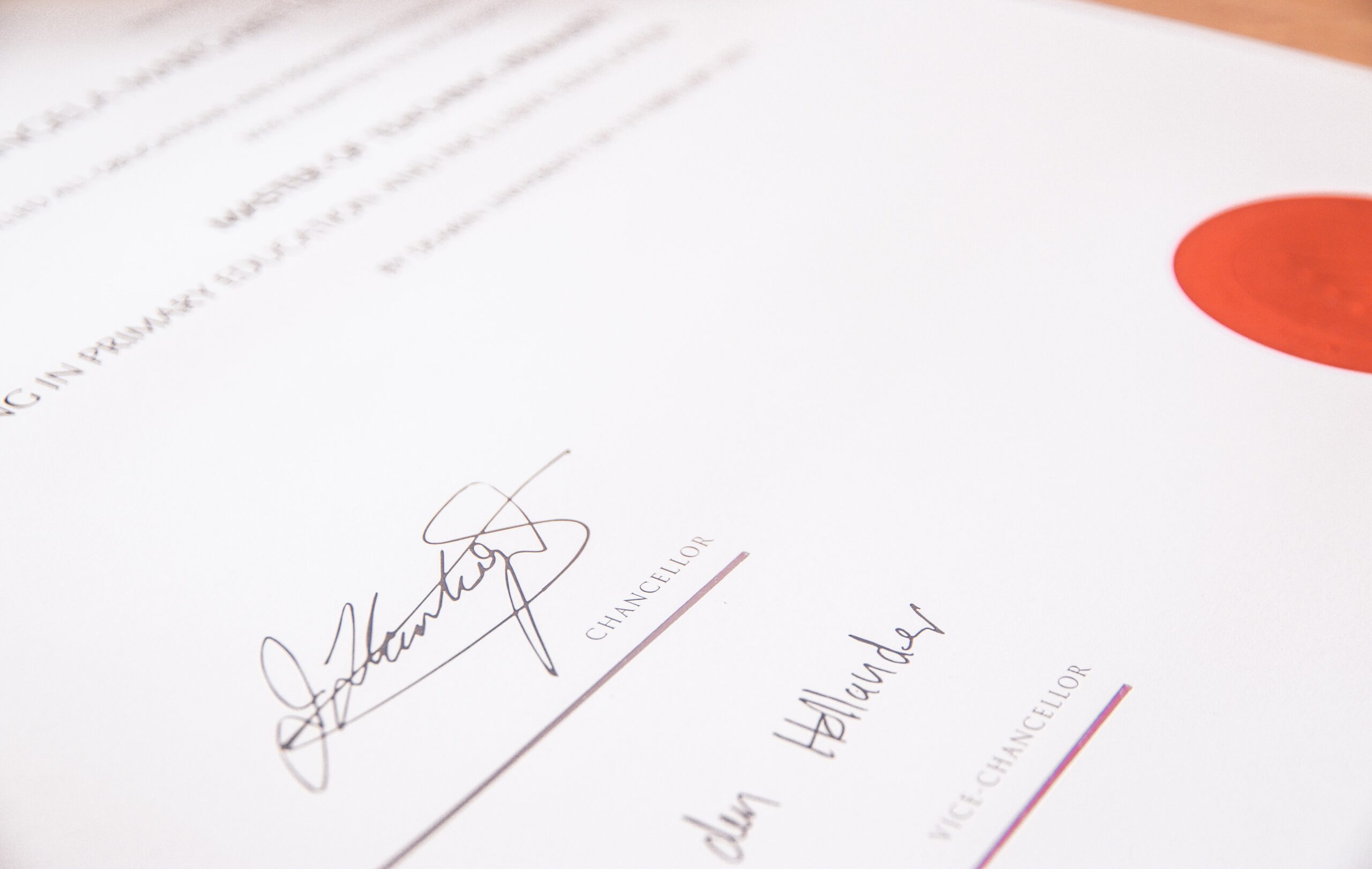When to translate a vaccination record
Today more and more countries are now accepting that COVID 19 is not going to disappear quickly, so they have made the decision to open borders to international travellers whether they are citizens or residents, sports players or business people. This comes with certain conditions one of which is being able to prove you have been fully vaccinated against the virus. This can often prove difficult as vaccination records are produced in the language of the country where the vaccination took place. This means a translation will be required before entry to the country is allowed. By requiring this, the country can be sure the traveller is better protected from getting seriously ill from COVID 19 which helps to protect the country’s health services.
If the vaccination certificate is in the same language as the host country then all that needs to be provided in addition to the vaccination certificate are the following:
- the name of the person which is exactly the same as the name in their passport;
- the vaccine brand’s name;
- the date of each dose or the date when full vaccination was completed;
- the certificate can be provided either in a digital form or it can be printed on paper but it must be translated into the host country’s language.
Australia’s approved COVID 19 vaccinations
When entering Australia each traveller must have an Australian approved vaccination with an accompanying certificate. If necessary, a translation which is recognised by Australia’s Therapeutic Goods Administration (TGA) should also be provided.
The list below shows the approved COVID 19 vaccines along with their dosages.
Two doses administered no less than 14 days apart of the following:
- Sinovac Coronavac;
- Pfizer/Biontech Comirnaty;
- Moderna (Takeda or Spikevax);
- Bharat Covaxin;
- AstraZeneca Vaxzevria;
- AstraZeneca COVISHIELD;
- Sinopharm BBIBP-CorV is only permitted for those below 60 years on arrival in Australia.
or a single dose of:
- the Johnson and Johnson/Janssen-Cilag vaccine.
7 days need to have been passed from the last vaccine dose before arriving in Australia. Mixed doses also are allowed provided that they have been recognized and approved by the Therapeutic Goods Administration (TGA) in Australia. Being vaccinated by Sinopharm BBIBP-CorV only counts as fully vaccinated if the traveller is between 18 and 60 years.
Any traveller who hasn’t been vaccinated with the products listed above will not meet Australia’s vaccination requirements.
Travellers who are not able to be vaccinated against COVID-19 due to the presence of a medical condition have to provide evidence which has to be in English and if necessary a translation will be required.
Shortening of Brand Names
Some COVID 19 vaccination certificates often shorten the vaccine brand’s name such as referring to them as Johnson & Johnson, BioNTech, Comirnaty and AstraZeneca. These forms are acceptable as long as the certificate is accompanied by a translation in English.
Here are some special rules which are applicable to Sinopharm brand names.
There are 2 kinds of the Sinopharm vaccine. One comes from Beijing and the other from Wuhan. It is just the Beijing vaccine which is recognised by the TGA which originates from the Bio-Institute of Biological Products (BBIBP) in Beijing.
The vaccination certificate must show the Beijing version and should also match the following criteria and be translated into English:
- includes the expressions BIBP or BBIBP;
- spells out BIBP or BBIBP;
- includes the words Beijing and Sinopharm, or
- contains Covilo which is the trade name.
The examples of acceptable brand names are:
- >BBIBP-CorV;
- BBIBP (Vero Cells);
- Beijing Bio-Institute of Biological Products;
- BIBP;
- BIBP-CorV;
- Beijing Institute of Biological Products
- Civil;
- Sinopharm BBIBP;
- Sinopharm Beijing;
- Sinopharm BIBP;
- Sinopharm BBIBP-CorV;
- Sinopharm CNBG BIBP;
- Sinopharm Covilo;
- Sinopharm CNBG BBIBP;
- Sinopharm Covid Vaccine BIBP.
The word Sinopharm written on its own is not acceptable on a vaccination certificate because it doesn’t refer to either the Wuhan or Beijing vaccine.
In summary, providing a vaccination record particularly against COVID-19 assures the traveller is best protected from being infected by the virus and has less chance of passing the disease to anyone else.



